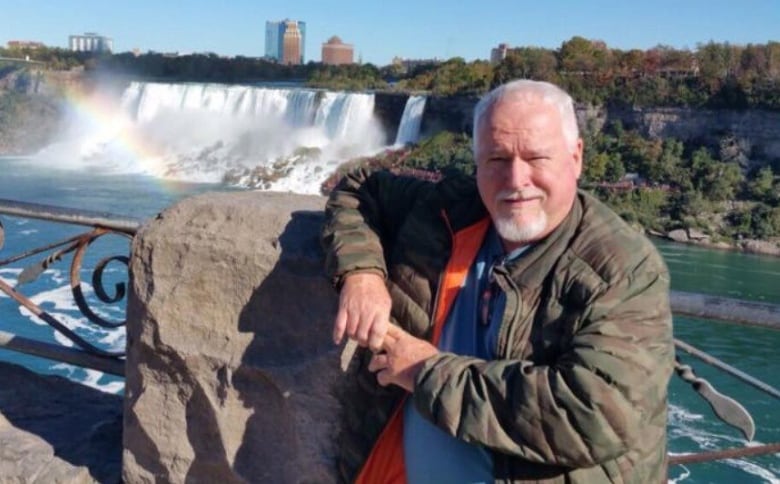What we know so far about alleged serial killer's victims
2 of 3 newly identified victims do not fit the profile previously established by police

Toronto police say only one of the three men newly identified as alleged victims of Bruce McArthur fit the profile of the first two men he is charged with killing and that there might be additional victims from outside Toronto's LGBT community.
Police announced Monday that McArthur, 66, had been charged with three more counts of first-degree murder in addition to the two he already faces.
The new charges are in connection with the deaths of Majeed Kayhan, 58, Soroush Mahmudi, 50, and Dean Lisowick, 47.
But police said only Kayhan is connected to Project Houston, the force's investigation into three men who disappeared from Toronto's Gay Village between 2010 and 2012. He was reported missing in October 2012.
Mahmudi and Lisowick do not fit the profile of the victims identified as part of Project Houston or those of Andrew Kinsman and Selim Esen, whom McArthur is also charged with killing.
- Police charge alleged serial killer Bruce McArthur with 3 additional murders
- Toronto police now open to any possible links between Bruce McArthur and earlier disappearances
"I think the common thread in [Project] Houston is that all three men were from the Gay Village and associated to the Gay Village and they were all of Middle Eastern descent," Det.-Sgt. Hank Idsinga said at Monday's news conference.
"Unfortunately, I can't continue with that common thread, looking at Mr. Lisowick and Mr. Mahmudi."
Mahmudi was reported missing from Scarborough by his family in 2015.
Lisowick was a resident of Toronto's shelter system, Idsinga said. David Lynch of the Good Shepherd Ministry later confirmed to CBC News that Lisowick stayed at his shelter for a week on two separate occasions in 2015 and 2016.

Lisowick had no fixed address and was never reported missing, according to police.
Idsinga did not provide any details about a possible relationship between McArthur and any of the three new victims.
'It's more than the gay community'
Investigators say there may be more victims who have yet to be identified.
Fears of a possible serial killer targeting men in Toronto's Gay Village had circulated in the community for months, but Toronto police Chief Mark Saunders said in December that there was no evidence to support that theory.
They now say, however, they are investigating whether victims may have been targeted not only around the Gay Village, but in other communities and areas of the city.

"We don't know how many more victims there are going to be, but it's more than the gay community," Idsinga said. "It encompasses the city of Toronto."
In addition to the three new charges, police said they have uncovered the remains of at least three unidentified bodies buried in planters at a home on Mallory Crescent where McArthur worked as a landscaper. Investigators are performing DNA testing on the "skeletal remains" in an effort to determine their identities.
Police are now searching other planters and have plans to excavate land at at least two other sites.
Idsinga said detectives are examining missing persons cases as far back as 2010 that may be connected to McArthur, though that scope of the investigation may expand.
"If we have to go back further, we will," he said.